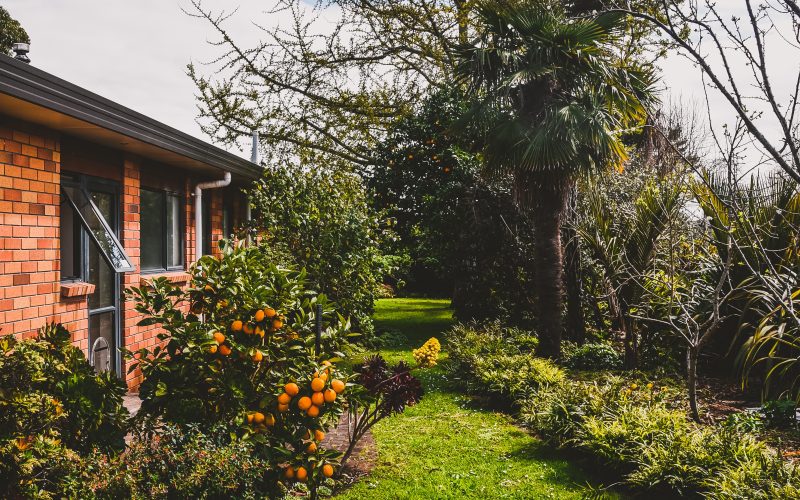Gardening is a popular hobby that can bring joy and beauty to your outdoor space. However, did you know that the plants you choose for your garden can have a significant impact on the environment? By selecting native plants, you can support biodiversity and create habitats for wildlife. In this article, we will explore the benefits of native plants in your garden and how they can help to create a more sustainable ecosystem.
What are Native Plants?
Native plants are those that have evolved in a particular region over thousands of years. They are adapted to the local climate, soil, and other environmental conditions. As a result, they require less water, fertilizer, and pesticides than non-native plants. They also provide food and shelter for local wildlife, including birds, butterflies, and bees.
Supporting Biodiversity
Biodiversity refers to the variety of life on Earth, including plants, animals, and microorganisms. It is essential for maintaining healthy ecosystems and providing ecosystem services such as pollination, nutrient cycling, and water purification. However, human activities such as urbanization, agriculture, and climate change are causing a decline in biodiversity.
By planting native plants in your garden, you can help to support biodiversity. Native plants provide food and habitat for local wildlife, including insects, birds, and mammals. They also help to maintain the balance of the ecosystem by providing food for predators and prey.
Creating Wildlife Habitats
Wildlife habitats are areas that provide food, shelter, and breeding sites for wildlife. They are essential for maintaining healthy populations of animals and plants. However, many natural habitats have been destroyed or fragmented by human activities.
By planting native plants in your garden, you can create wildlife habitats. Native plants provide food and shelter for local wildlife, including birds, butterflies, and bees. They also help to attract beneficial insects such as ladybugs and lacewings, which can help to control pests in your garden.
Reducing Water Use
Native plants are adapted to the local climate and require less water than non-native plants. This is because they have evolved to survive in the local environment, which may have periods of drought or low rainfall. By planting native plants in your garden, you can reduce your water use and help to conserve this precious resource.
Reducing Pesticide Use
Native plants are also less susceptible to pests and diseases than non-native plants. This is because they have evolved with the local environment and have developed natural defenses against pests and diseases. By planting native plants in your garden, you can reduce your use of pesticides and help to create a healthier environment for yourself and your family.
Conclusion
In conclusion, planting native plants in your garden can have many benefits for the environment and local wildlife. By supporting biodiversity, creating wildlife habitats, reducing water use, and reducing pesticide use, you can help to create a more sustainable ecosystem. So why not consider planting some native plants in your garden today? Your local wildlife will thank you for it!












